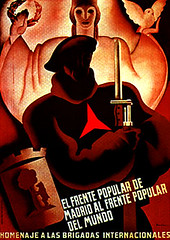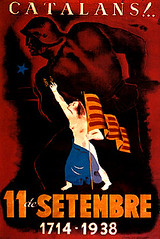Pride/Prejudice
She wished to descredit it entirely, repeatedly exclaiming, "This must be false! This cannot be! This must be the grossest falsehood!" -- and when she had gone through the whole letter, though scarcely knowing any thing of the last page or two, put it hastily away, protesting that she would not regard it, that she would never look in it again.
In this perturbed state of mind, with thoughts that could rest on nothing, she walked on; but it would not do; in half a minute the letter was unfolded again, and collecting herself as well as she could, she again began the mortifying perusal of all that related to Wickham, and commanded herself so far as to examine the meaning of every sentence.
-- Jane Austen, Pride and Prejudice, Volume 2, Chapter 13
In theory, no request for action should be taken directly to higher authorities—a process known as “stovepiping”—without the information on which it is based having been subjected to rigorous scrutiny. The point is not that the President and his senior aides were consciously lying. What was taking place was much more systematic—and potentially just as troublesome. Kenneth Pollack, a former National Security Council expert on Iraq, whose book “The Threatening Storm” generally supported the use of force to remove Saddam Hussein, told me that what the Bush people did was “dismantle the existing filtering process that for fifty years had been preventing the policymakers from getting bad information. They created stovepipes to get the information they wanted directly to the top leadership."
-- Seymour Hersh, The Stove-Pipe, The New Yorker, Oct. 20, 2003


1 Comments:
with thoughts that could rest on nothing
Post a Comment
<< Home